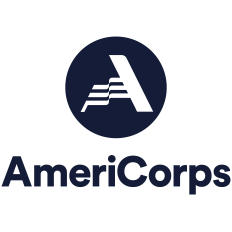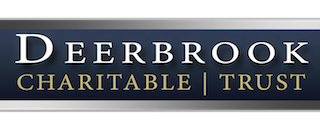February 5, 2021
5 ways schools hope to fight Covid-19 learning loss

Schools are planning extended years, summer programs and tutoring sessions to address Covid-19 reading loss. Credit: Terrell Clark for The Hechinger Report
Data show kids are behind in reading achievement, especially in the early grades
Originally published on The Hechinger Report
A deluge of data released late last year confirmed what has long been suspected: The coronavirus pandemic caused widespread learning loss while also amplifying gaps across racial and socioeconomic lines. The situation is especially concerning among younger children: one analysis of reading level data by Amplify Education, Inc., which creates curriculum, assessment and intervention products, found children in first and second grade experienced the most dramatic drops in grade level reading scores compared to previous years. This year, 40 percent of first grade students and 35 percent of second grade students are “significantly at risk” of needing intensive intervention compared to 27 percent and 29 percent last year.
Larry Berger, chief executive officer at Amplify, said the data reflect how the pandemic has interrupted schooling at a critical time for young children when they are learning basic reading skills and making rapid progress in the foundations of reading. For first graders especially, the kindergarten year was “seriously disrupted,” Berger said. “It would make sense that there would be a lot of kids who are just missing a bunch of those basic reading skills that are typically developed in kindergarten.”
Amplify isn’t alone in identifying this learning loss. Data analyzed by McKinsey & Company concluded that children have lost at least one and a half months of reading, with students of color faring worse. And some experts say the loss could be even worse because some of the most vulnerable students may not be regularly attending class online or taking assessments this year. “It’s hard to even test where kids are, and in the ways they are [usually tested] in the classroom,” said Adeola Whitney, chief executive officer of Reading Partners, a nonprofit that focuses on reading support and tutoring. While some reports suggest reading loss hasn’t been as bad as expected, Berger says Amplify’s data show reading achievement in the early years deserves a closer look. “The slide is substantial and it definitely has us asking, ‘is the country ready to try and close the gap of this scale?’”
Here are some of the ways experts and educators are proposing to do just that, many of which were highlighted in a recent report by McKinsey & Company:
- Tutoring: Research shows “high dosage” tutoring can help boost reading skills, especially in the early years of elementary schools. England launched a national tutoring program last year to help students make up learning loss and some states like Tennessee have specifically targeted learning loss from the pandemic with existing tutoring corps. Broward County Schools in Florida partnered with Saga Education late last year to launch a math tutoring program to address pandemic-related learning loss. Reading Partners, which puts tutors in under-resourced schools, pivoted to an online platform last year when the pandemic hit.
- Extended school year: States like North Dakota are considering extending the length of the school year to help catch students up to where they should be academically. The Ector County Independent School District in Texas has extended its school year and will launch a summer program for students this year. The Los Angeles Unified School District is planning on tutoring appointments and Saturday school to help support students, and the McKinsey & Company report suggests summer programs like Aim High in California or Acceleration Academies as an option for remediation.
- Grade-level reading exposure: The report by McKinsey & Company highlighted data that show keeping learning materials at grade-level and helping students work up to that level is more effective than pulling students out of grade-level work and reteaching content from earlier grades. Mississippi has offered professional development for educators to learn about this approach, and the Highline Public Schools district in Washington state has equipped teachers with sample units with this approach in mind.
- Partnerships with community organizations: Whitney with Reading Partners said communities should to support teachers through partnerships with literacy programs like the Minnesota Reading Corps or Jumpstart. Those programs “are needed now more than ever,” Whitney said.
- Work on literacy at home: Outside of school, parents can boost literacy by reading books with children and pointing out letters and words in everyday life, like at the grocery store. Even if a child lacks access to books during this time due to school and library closures, parents can make literacy-related activities playful to help young children build their basic reading skills, such as by singing rhyming songs, slowly sounding out words to help children identify the sounds in a word or challenging children to find everything in a house that starts with a specific sound.










